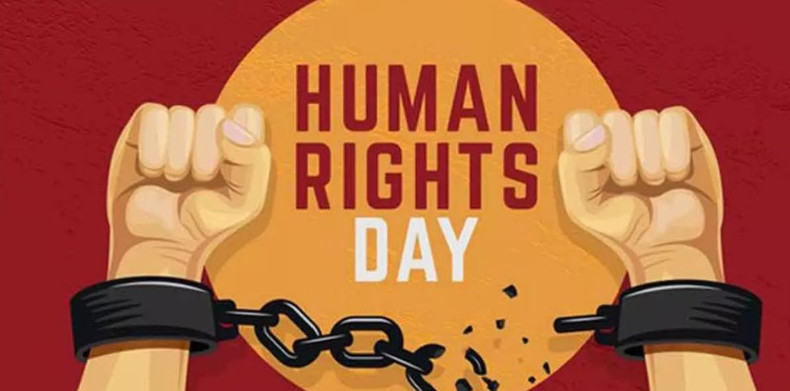Nigeria Faces Growing Terrorism Crisis Amid Security Challenges
Nigeria confronts an unprecedented surge in terrorist activities across multiple regions, creating what analysts describe as a “cornucopia” of security threats. The West African nation battles simultaneous insurgencies from Boko Haram, Islamic State affiliates, and armed bandit groups.
Boko Haram continues its 14-year campaign in northeastern states, displacing over 2.2 million civilians according to UN estimates. The group’s splinter faction, Islamic State West Africa Province (ISWAP), has intensified attacks on military installations and civilian targets throughout 2024.
Northern and central regions face escalating violence from armed herders and kidnapping syndicates. These groups have abducted hundreds of students and travelers, demanding millions in ransom payments. The crisis has spread beyond traditional hotspots into previously stable southern areas.
Nigeria’s military struggles with insufficient equipment and personnel to combat threats across the country’s 923,768 square kilometers. Security forces report coordination challenges between army units, police, and regional task forces.
Economic impacts compound the security crisis. Agricultural production has declined 30% in affected regions, worsening food insecurity for 25 million Nigerians. Foreign investment has decreased as international companies relocate operations to safer neighboring countries.
President Bola Tinubu’s administration has pledged increased military funding and regional cooperation initiatives. However, experts warn that addressing root causes—including poverty, unemployment, and ethnic tensions—requires comprehensive long-term strategies beyond military solutions.
The path forward demands coordinated efforts combining security operations with economic development and social programs to prevent further radicalization.










